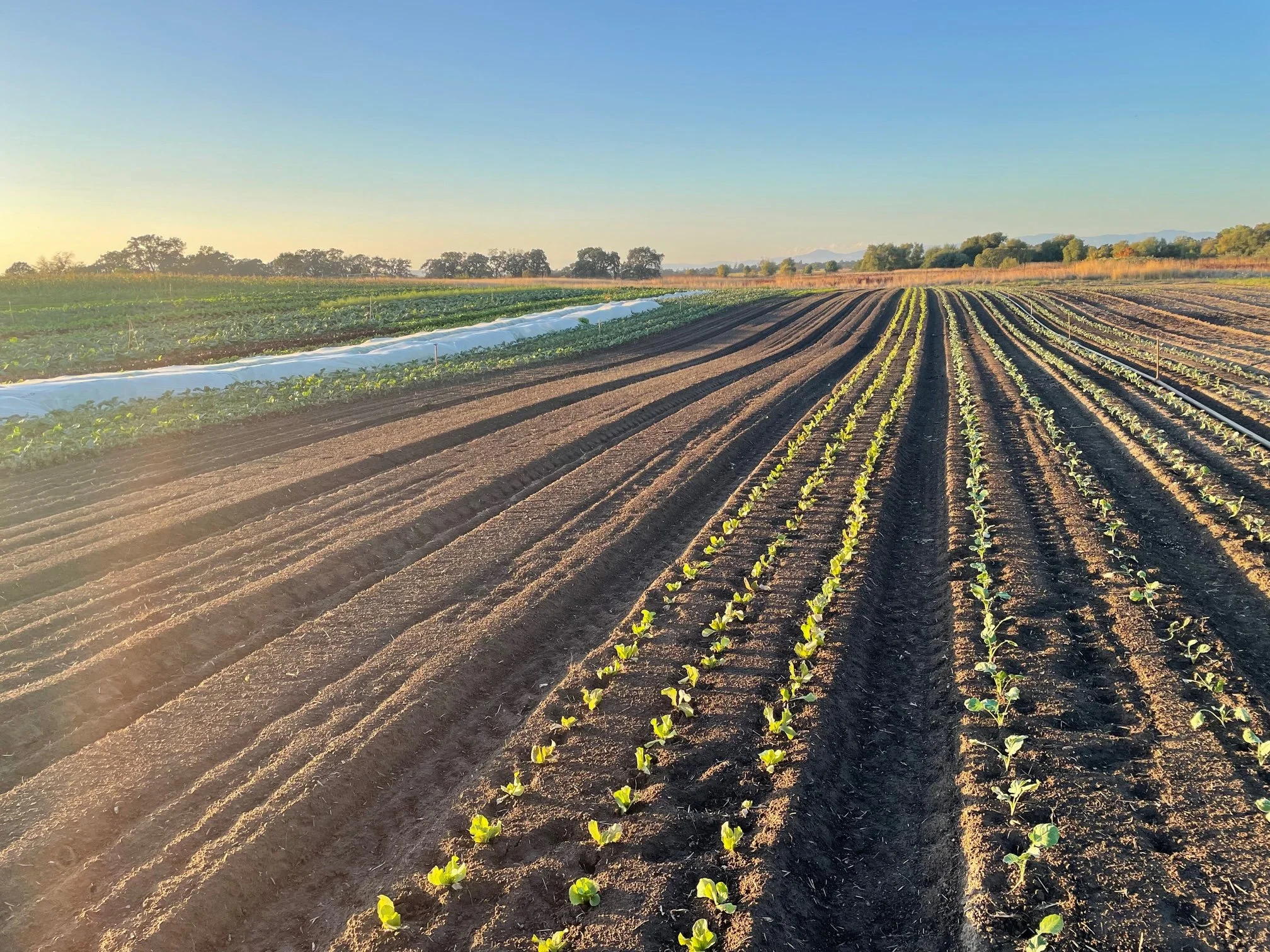June, 2011
“When the sun rises, I go to work.
When the sun goes down, I take my rest
I dig the well from which I drink,
I farm the soil that yields my food,
I share creation, Kings can do no more.”
Ancient Chinese, 2,500 B.C.
It is very much winter now. I can see my breath in here. Things are quiet. I am spending the days caring for the animals, trying to trap the wild hares eating our last crops, baking bread like an old Grandma, and doing other random projects to help Alex the farmer wrap up the season. A spokeswoman for the local Mapuche native people just passed through and spent the night. A Gaucho Folk guitarist the next. My friend Ponta, a Japanese orphan who has had the hardest life I have ever heard of (and who revealed the last chapter of it to me yesterday) just left for Peru. I will miss her. One of our dogs is very sick. Another is pregnant. There is a volcano exploding 200 kilometers to the North, sending rolling thunder like stampeding horses down the valley. Life and death are tangible forces out here.
It will be hard to capture in words what the last two months on the farm have been like or what they have meant to me.
We have no electricity out here, no hot water, all the farming is done by hand. The only machines we have are a chainsaw, a weedwacker, and a dirt bike for town trips. A sweet, spindly old horse named Petiso will pull a harrow for us in exchange for a bucket of oats and complete freedom to roam the valley with his feral friends the rest of the time. All the buildings and huts and ovens here are cob and built by hand with wood, clay, and friends from the land. Three beloved dogs, Michay (wild like the native plant she is named after), her brother Pirata (a gentle pirate), and Tao (their mother), escort us everywhere. They sleep under my cabin every night, guarding it, and also guarding the garden from the horses. We harvest every Wednesday. The farm is the farm of the CSA members. Their children come and play with their food and chase the chickens. There is so much wealth here... so much poetry.
It’s all quite lovely, but I think it has done something deeper to me.
You and I have always felt called by nature -- to the tangy mountain air, to the oak meadows -- these places have felt like home. But time flies and we inevitably find ourselves pulled back along auto-littered highways to the turmoil, cement and grid of the city. There awaited the hidden pressure to specialize in one profession, one craft; for the love of it, if we are lucky, but also to pay for the 'necessities' which are piped to us. If we succeed, we make more and can spend more - we travel back to visit the tangy mountain air, to run our eyes enviously over the ranging hills, and then we return. But do we understand more? Do we share in creation?
Working on this farm has put me in forceful contact with the sources of my life -- the water, the land, the plants, the animals, -- and a realization that these things are not commodities, they are not necessities. They are us. They are our brothers, our sisters, our greatest teachers. To work with them is to work with creation.
The farmer, Alex, is very serious about this one point: The farmer knows that he does not create. He may have a vision for the farm, but after that he is an empty vessel, a butler, a steward. This is how he should work the land, coaxing it, observing, responding, moving this there, maybe taking that away. And then, one day, as if by magic, a vision reveals itself to him as he sits back peeling an apple, watching in awe as the shear creativity and richness of life weaves itself through the fields, writes it's stories in the rows, plays it's song in the seasons. The blossoms, bees, fruits, fungi, bacteria. The animals, the people, the stars, the moon -- the movements and arcs of their lives, and all their far flung interactions, alight the farm. But this symphony is also a dissonant song of chaos, poop, death and decay. But Death, the richest of masses (Mozart's richest Mass is his Requiem Mass) is the bed upon which joy and new life burst forth again and again in the Spring. This symphony writes itself into the hearts of anyone who will listen... and it has written itself in our culture.
Working here I’ve realized some things about culture, and art. Agriculture, tending the wild, or however a group of people survive in their land is the root of that people; it is their original art. Take the Mongols: The art they developed for surviving that steppe is inextricably woven into the fabric of their lives. It is their houses (the collapsable yurt), it is the fiber of the clothes they wear, the tools they handle everyday. It is the animals they see, and the animals they talk to, what they talk about with each other, what they dream about. It is the substrate of their myths, their legends, their stories, it is in their songs and it is the material that makes up their instruments. Our art of survival is the stage and the props of our lives. We are no different today. Although it may seem to be the case, we have not emancipated ourselves from the land under our feet and how we choose to cultivate it… and it in the fabric of our lives.





